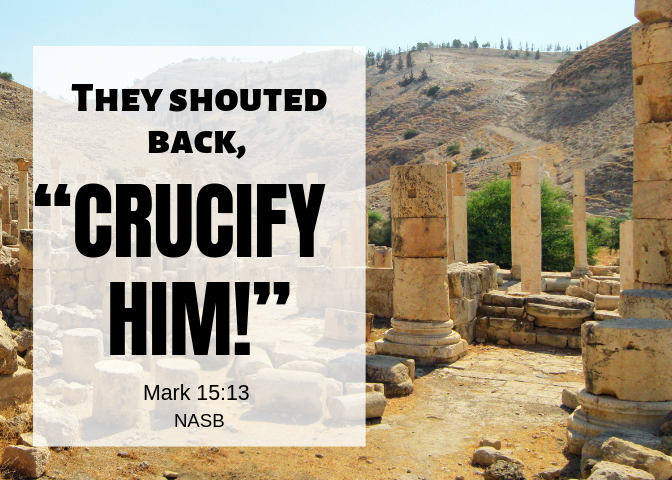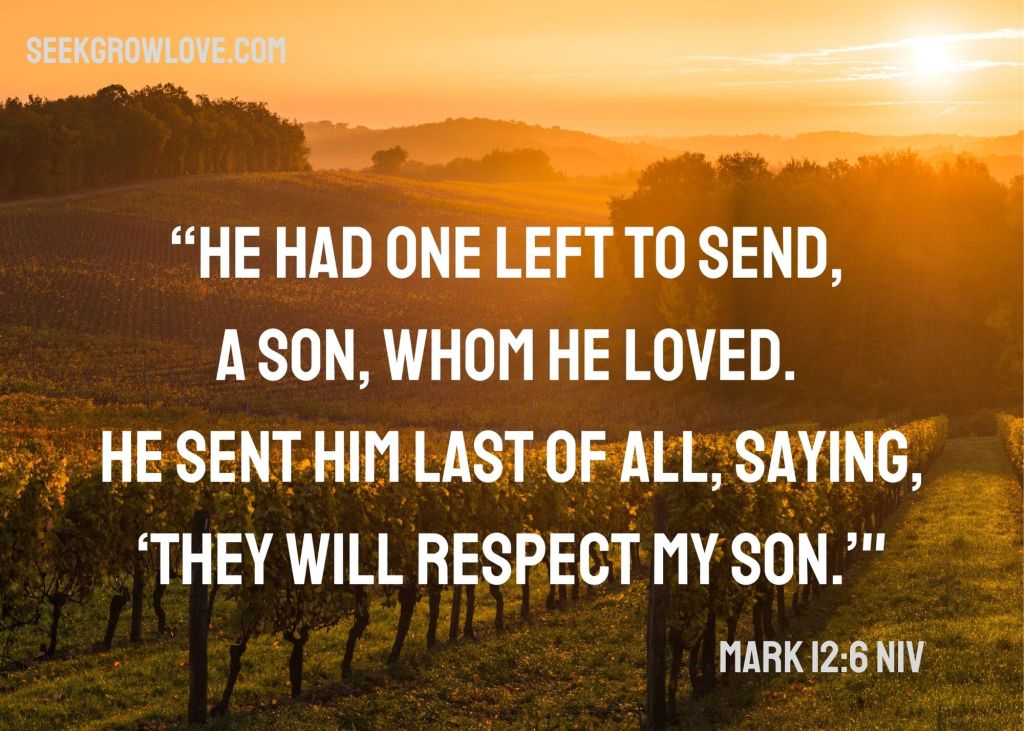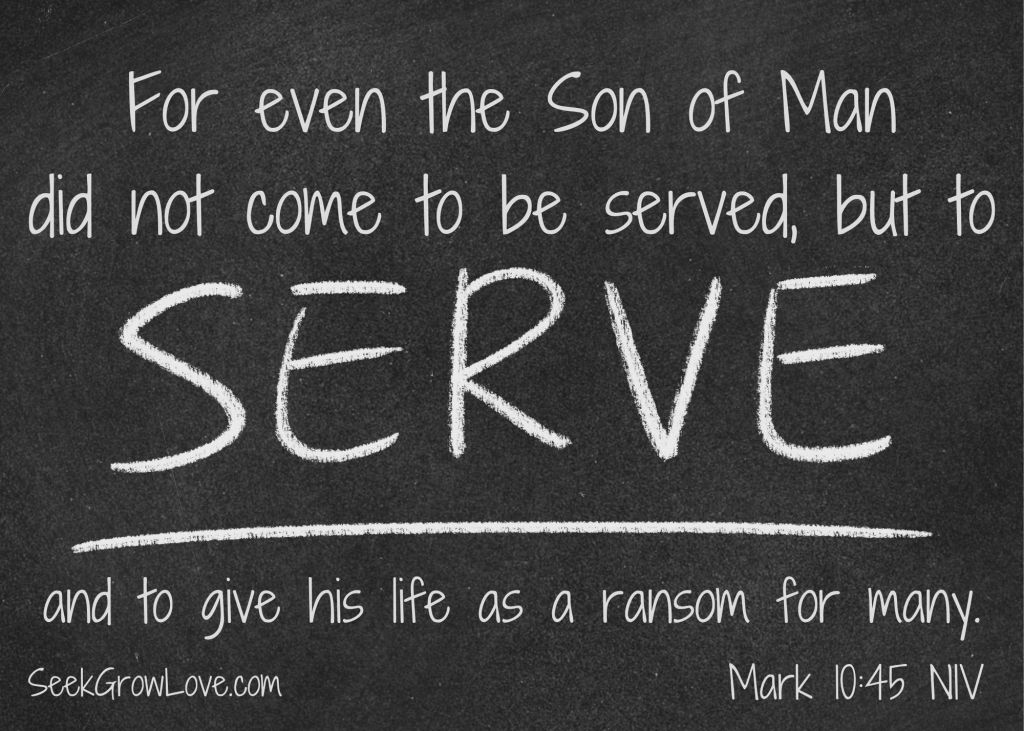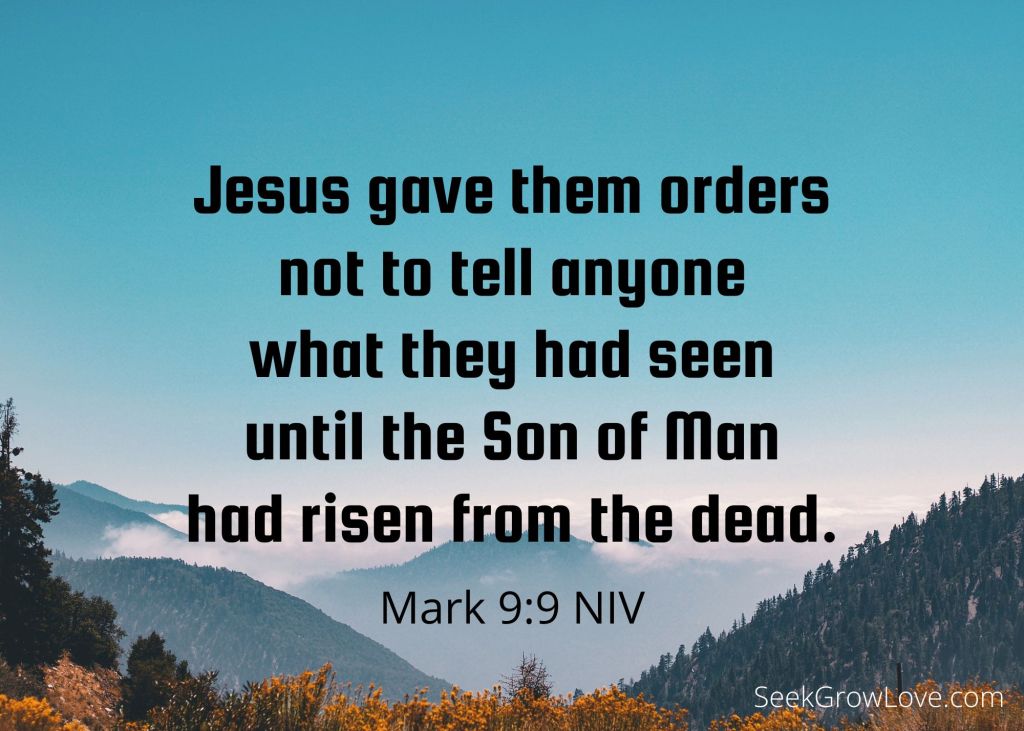
Mark 16
Sunday, August 7, 2022
After numerous chapters devoted to preparing for the death and subsequent sacrifice of Christ, we finally reach the glorious reward of the Resurrection! Mark chapter 16, compared to the other gospels, is quite sparse in descriptive details of the Resurrection and Ascension of Jesus. However, what it does depict breathes a message of hope and love for the future of the church, as well as a final instruction.
When Mary and Mary were given the message to tell the remaining disciples that Christ had risen, the disciples couldn’t believe it. “When they heard that Jesus was alive and that she had seen him, they did not believe it.” Mark 16:11. In fact, it seems like one of the things the disciples are best at is not believing something until they see it. They did not have faith that the thing they had been listening to Jesus predict for the past several years would come to fruition. Don’t worry because Jesus rebuked them for not believing when he found them again. Do you struggle to believe what Jesus has promised us? Sometimes it’s difficult to imagine a world where we all get along, where there is no longer pain. But without faith, we will never see this world; not because it won’t exist, but because we lack the faith to see it. Have faith!
The final message Jesus gives the disciples is to “Go into all the world and preach the good news to all creation. Whoever believes and is baptized will be saved, but whoever does not believe will be condemned.” Mark 16:15. That is our grand mission! What are you doing today to increase the Kingdom of God? Some of us are not called to verbally preach the word, and some of us are blessed with such a gift. But not being good at public speaking is no excuse to not spread the word.
Actions can speak significantly louder than words. In fact, that’s often the best way to spread the word; by living it out. To speak the message of Christ with empty words whilst living a life completely contrary is almost worse than to have never spoken a word at all. It is by watching the lives of those who follow Christ that we will be living examples of the love he provides us. In your joy, in your struggles, in your sadness, and in your blessings, praise God that you have been given this life to live. Focus on becoming the people that God has instructed us to become and devote your successes to Him. Live your life with the purpose of praising and worshipping Him, and He will reward you. As Christ commands it, do not simply speak the word; live it. Amen
-Mason Kiel
AND
2 witnesses are better than one! Today we have TWO writers for you – so below is your second devotion on Mark 16. Thank you Mason AND Jeff for writing for today. Keep sharing the good good news! Jesus is Alive!
Have you ever been a witness who was called on to testify in court? I have. It was an interesting experience. I had seen a crime committed, I reported it to the police, the criminal was arrested, I was asked to give a written statement to the police and I was later called on to testify at their trial. I will say that when you witness something that causes excitement, gets your heart pounding, and puts you in “fight or flight” mode, it affects your thinking and perspective. Everything seemed to be going faster than it really was. Normally it’s more believable when several people give their eyewitness testimony. Of course, no two witnesses agree on every detail. Each person sees different things from different vantage points. Each person remembers different details. Each person recalls the sequence of events in a slightly different order. These variations in detail are actually normal and good. If every witness testified exactly the same details in the same way the lawyers for the other side would be arguing that they were unreliable because they obviously got together and rehearsed their testimony, which is a big no-no.
When people read the Gospel accounts of Jesus they are seeing the story of Jesus unfold through the eyes of a variety of different witnesses. The Spirit of God is the inspiration behind each of the writers, but God works through human beings and through different witnesses. So it should come as no surprise when we read the four Gospels, Matthew, Mark, Luke, and John, and also the writings of Paul, Peter, James, and others, that while they are telling basically the same story, they do so from different perspectives. The Gospel writers are either reporting what they themselves witnessed or what other eyewitnesses reported to them. They tell the same story with different perspectives and often emphasize different parts of the story or place the events of the story in slightly different orders in keeping with the overall theme of their account. Each story has different audiences in mind, different themes, and is not carbon copies of each other.
One very important rule that is repeated throughout the Bible is that there must be a minimum of two or three witnesses. (See Deuteronomy 19:15, Matthew 18:16, John 8:17, and several other passages). We’ve already noted that there are four Gospel accounts in the New Testament which fulfill that important principle.
It is also interesting to note the background of who is qualified to be a witness. Jewish law has a list of different types of people who are not permitted to be called as witnesses: “women, slaves, minors, lunatics, the deaf, the blind, the wicked, the contemptible, relatives, and the interested parties (Yad, Edut 9:1).” https://www.jewishvirtuallibrary.org/witness . The Talmud, which is a Jewish Commentary from ancient times gives more details about who the “wicked” are who cannot testify. At one point in ancient Jewish history, shepherds were included in the list of people disqualified from witnessing. “As a class, shepherds acquired a bad reputation as being lawless, dishonest, and unreliable, above all because of their habit of trespassing on other people’s lands to graze their flocks.” https://www.churchtimes.co.uk/articles/2015/20-february/regulars/out-of-the-question/shepherds-character-reference.
Here’s what I find very interesting: two categories of people who were not permitted to act as witnesses were shepherds and women. I’m not interested in debating the fairness of those exclusions, but simply note that at the time of Jesus’ birth, life, and death, some of the people who were not accepted as reliable witnesses were shepherds and women. Why is this important? Consider, who were the first eyewitnesses who heard the angelic announcement about the birth of Jesus? Luke says it was “Shepherds living out in the fields keeping watch over their flocks at night” (Luke 2:8). It was to these “unreliable witness” shepherds that the angels appeared. And it was these unreliable witness shepherds who went and reported to Mary and Joseph all that they had seen and then went out and “spread the word” about all that they had seen. (Luke 2:17)
Now, maybe that was just a fluke… but maybe not. In today’s reading, Mark 16, we fast forward to just after the death of Jesus. Who is it who first go to the tomb after Jesus died? Once again, it was to “unreliable witnesses” – this time it was women. To whom did the angel appear announcing that Christ had risen? “Unreliable witness” women. Maybe it wasn’t a fluke after all. Maybe it’s a part of God’s deliberate plan to choose people to be witnesses of these important saving acts of God, which the world normally rejects. Does God choose to reveal His great acts of saving to the lowly people the world rejects? It seems He does. In fact, now that you know to look for it, pay attention when you read the Gospels and notice how many times the witnesses God uses come from the ranks of the supposed “unreliable witnesses.” How many times does God use women, or tax collectors (another category of unreliable witness) or slaves, the blind, the deaf, or just plain sinners to be His witnesses? You’ll find that from beginning to end, the Gospel is filled with “unreliable witnesses” who turn out to be very reliable. And in a giant flip-flop of societal expectations, it is the lawyers and religious professionals from the reliable witness class who are the ones who bring false charges against Jesus.
But the real question that each of us needs to ask ourselves today is, am I a reliable witness for Jesus? Am I willing to tell the truth about what I have seen, heard, and known firsthand about Jesus in my own life? Am I willing to tell “the truth, the whole truth, and nothing but the truth” about Jesus?
-Jeff Fletcher
Questions for Discussion:
- Why do you think God chose “unreliable witnesses” to be the witnesses to Jesus’ birth and resurrection and other key events?
- When was the last time you told someone else “witnessed” what you have seen, heard, or experienced about Jesus?
- Who is someone whom you could witness to today?









